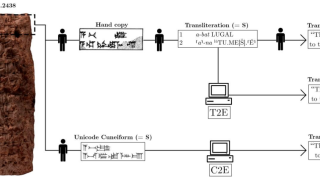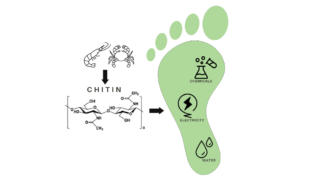
Sustainable use of natural resources in Pantanal communities
pantanal Author: Rafael Morais Chiaravalloti, Lecturer in Environmental Anthropology, University College London “How can we use nature in a sustainable way?” That is a question I, together with colleagues from different parts of the world, have sought to answer for a decade. We are dedicated to studying issues related to the sustainable use of natural […]








